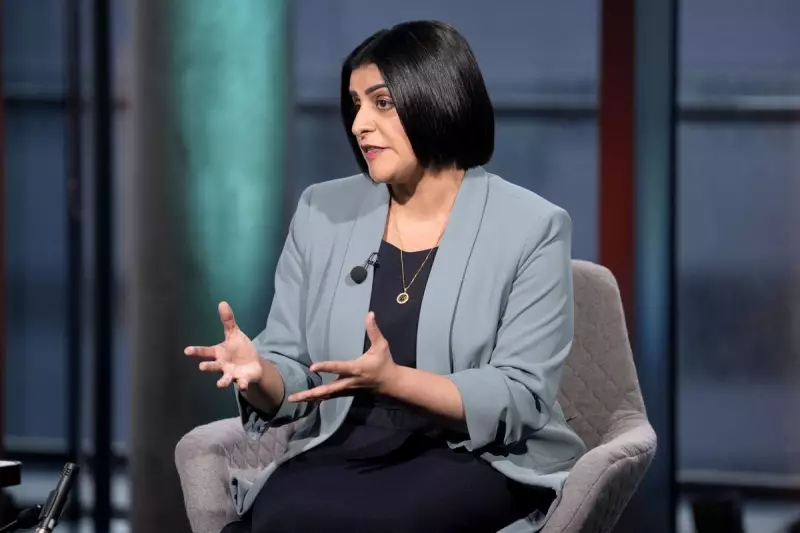
Home Secretary Shabana Mahmood is poised to unveil what she describes as the most significant reforms to tackle illegal migration in modern times. The announcement, scheduled for Monday, follows a preview of policies believed to be modelled on the Danish asylum system.
The Scandinavian Blueprint
In a video posted on X, Mahmood highlighted a growing concern: while asylum claims are falling across Europe, they are rising in Britain. Over the last four years, 400,000 people have claimed asylum in the UK, with more than 100,000 currently housed and supported at taxpayers' expense, placing immense strain on local communities.
The new approach, inspired by Denmark's social democratic government, aims to make the UK a less attractive destination for illegal immigrants while streamlining the deportation process for those whose claims fail. Notably, Denmark has managed to deport 95 per cent of failed asylum seekers without violating the European Convention on Human Rights (ECHR).
Key Measures and Legal Shifts
The core of Mahmood's plan involves two primary changes. First, the rules for claiming asylum will be tightened. Second, and more significantly, the government will legislate to instruct courts on how to interpret the ECHR, which is incorporated into British law via the Human Rights Act.
This move specifically targets Article 8 – the right to family life – and the Modern Slavery Act, both of which have frequently been used in appeals against deportation. However, Mahmood is expected to argue against leaving the ECHR altogether, a stance advocated by the Conservatives and Reform party. Mike Tapp, Labour MP for Dover and a junior immigration minister, supported this position, stating that leaving the convention would jeopardise trade deals, peace agreements, and returns agreements.
Impact on Cross-Channel Arrivals
While the policy is not directly aimed at 'stopping the boats,' it is designed to reduce the pull factor of the UK's asylum system. A crucial element is the ramping up of deportations, which is integral to the pilot scheme returning small-boat migrants to France.
Mahmood has pointed to early results from this scheme as evidence of its potential. She recently highlighted a Metro front page with the headline “84 in … 113 out” on X, indicating that 113 individuals have been returned to France in exchange for 84 recognised refugees coming to the UK. She stated, “We’re just getting started,” but acknowledged that the numbers must be increased significantly to deter the average of 1,000 people arriving each week.
In a symbolic shift, Home Office civil servants have reportedly been instructed to use the term “illegal migration” instead of “irregular migration,” a change that refugee charities argue is dehumanising. Mahmood's strategy carefully balances a tough stance on immigration with compassionate measures, such as the safe route created for approved refugees within the French returns scheme.





